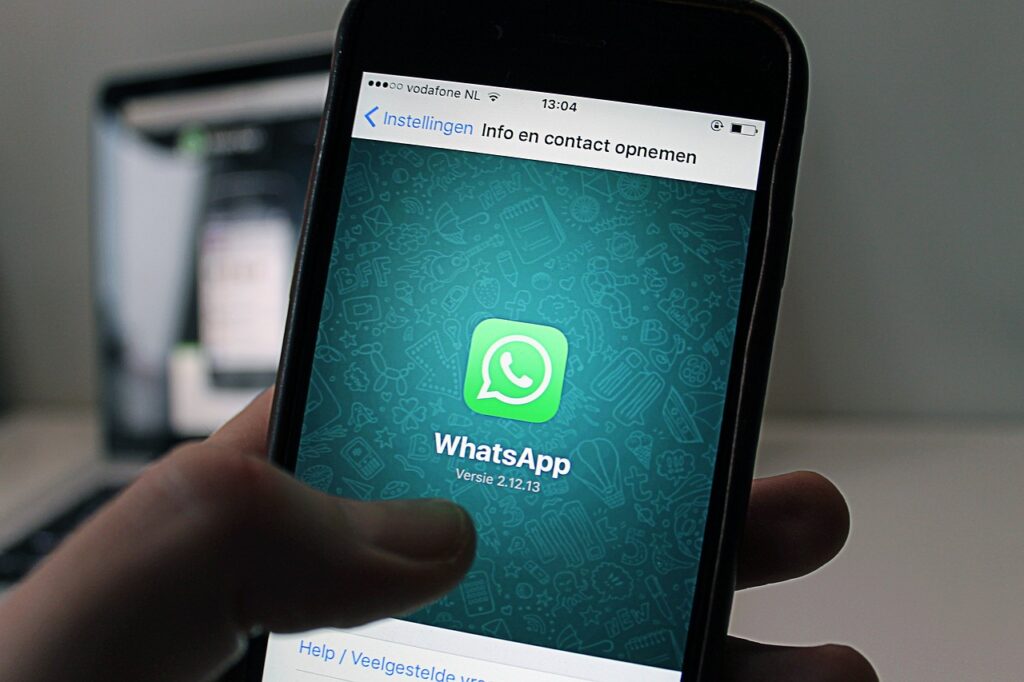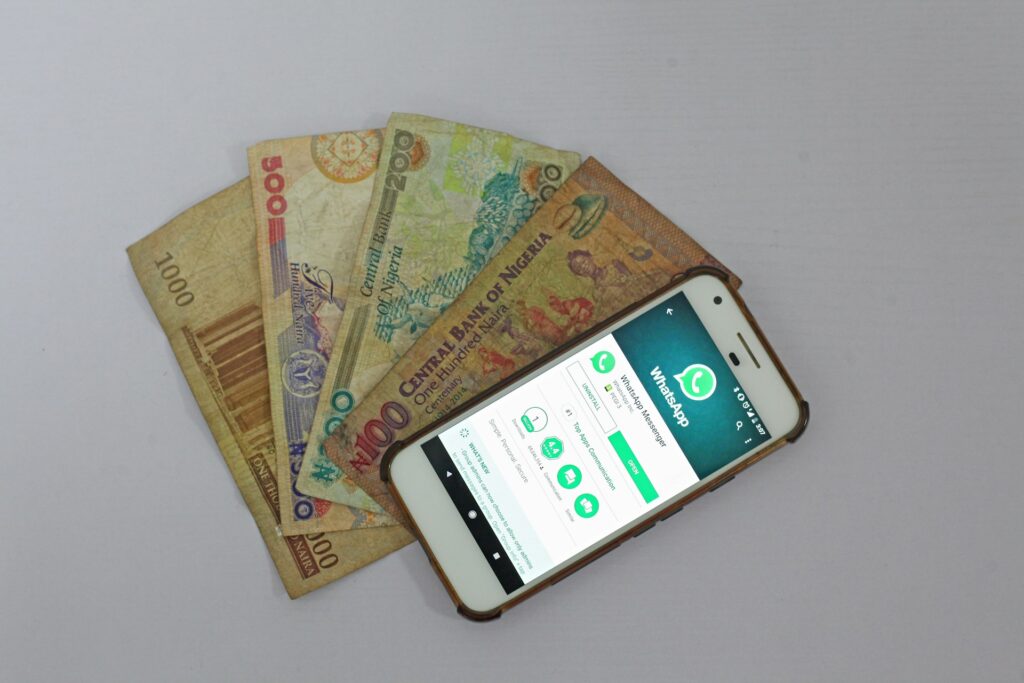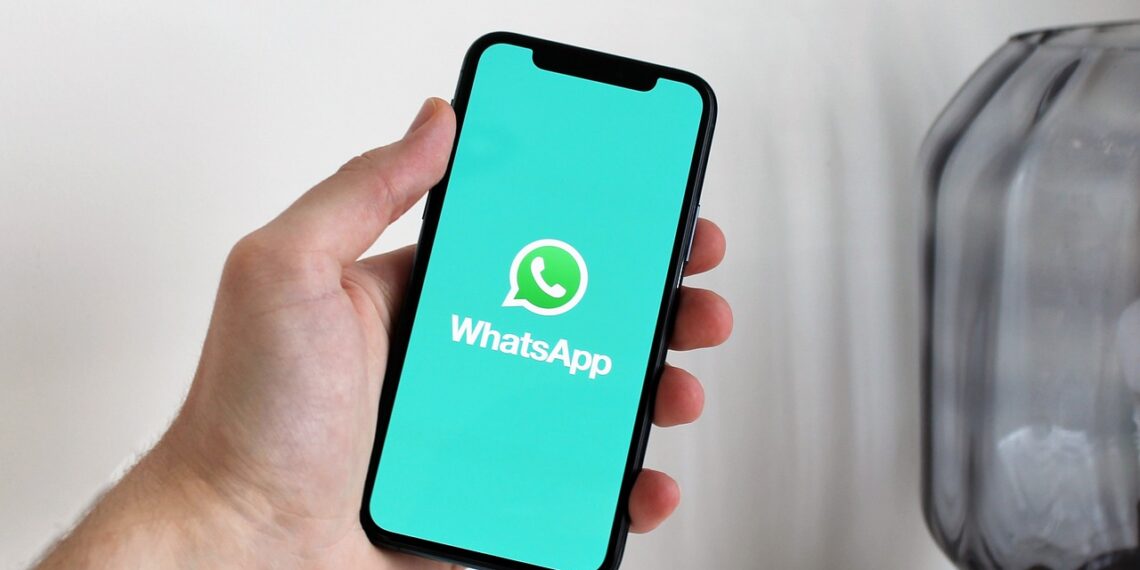Learn about Is WhatsApp Encryption Safe. WhatsApp encryption ensures privacy with end-to-end protection using the Signal Protocol. However, metadata, backups, and device access pose risks.
Introduction
End-to-end encryption, or WhatsApp encryption, is part of the term and also refers to encryption protocol implemented to secure the privacy of messages, calls, and media sent over it from the outside. It makes it impossible for anyone to read or listen to the content of a message other than the intended sender and receiver making it almost impossible for any unauthorized third party to access the contents of that message including hackers or WhatsApp.
This encryption is automatically applied to all messages and calls made through the app. When it comes to security, WhatsApp uses the popular Signal Protocol; that’s why it is a robust encryption scheme. Hence, WhatsApp has the uppermost confidentiality and mainly comforts its users that their conversations are private.

Understanding WhatsApp End-to-End Encryption
End-to-end means that all communications, whether they are text messages, voice messages, calls, photos, or videos, will be encrypted as they leave your device and move to the device of the person to whom you send them.
Content is not decryptable by WhatsApp itself, making it inaccessible to third parties during transit. Protective encryptions include the Signal Protocol, one of the most trusted encodings that helps confidential usage of users.
The Signal Protocol and Its Security
The Signal Protocol is prominent as the world’s strongest encryption protocol, which enables WhatsApp to encrypt messages. It uses an advanced encryption standard (AES) with a key length of 256 bits for the most potent encryption, making it almost impossible for an adversary to decrypt the messages. Further, Signal Protocol assures that keys for encryption are generated on the devices such that private keys are never transferred to WhatsApp’s servers.
Is WhatsApp Encryption Safe?
Sure, encryption in WhatsApp is safe. It uses E2EE, which means that only the sender and the receiver can read the messages, and not even WhatsApp itself can access the content of the messages. The keys for decrypting messages are in users’ devices, but that does not mean security is absolute.
Encryption does ensure privacy in message contents but not always security. Security in this case is determined by other factors, such as device security and possible vulnerabilities in apps or networks. Users must keep their devices updated and follow security best practices for maximum protection.
Benefits of WhatsApp Encryption
Data Privacy
The company adopts end-to-end encryption such that only two parties – sender and receiver – can read the contents of the messages. Users’ personal and sensitive information gets fully secured from unauthorized access. Hence, the users will have better control over the privacy of their communications and also know that their conversations stay secret and safe from the platform itself.
Secure Communication
End-to-end encryption provides an efficient way to send messages through WhatsApp without worrying about encryption with hackers or third parties. The information that is shared with high confidentiality via text, voice, or media remains safe from unauthorized access through the app because there is total protection against unauthorized access.
Protection Against Surveillance
No government, agency, or unauthorized individual can read your conversations. WhatsApp has managed to completely and perfectly eliminate any trace of mass surveillance or unauthorized access to the contents of a message because it encrypts a message at the sender’s device and decrypts it on the recipient’s device only.
Preventing Data Breaches
End-to-end encryption gives one more level of security to data breaches. Even if hackers managed to break into the WhatsApp servers or intercept data while in transit, the data would remain illegible due to its encrypted nature and thus less effectively breached without adequate decryption keys.
End-to-End Encrypted Backups
Cloud backups now have the option for encryption on WhatsApp, resulting in end-to-end encryption with cloud backup services like Google Drive or iCloud. This added feature ensures unauthorized access to backup data, enhancing privacy and security.
No Call Logs
WhatsApp extends encryption to voice and video calls, ensuring no recording of conversation details, including call logs, on the cloud. It ensures that no calls made through WhatsApp are tracked and prevents not even the platform from accessing or storing details about voice or video communications increasing privacy.
How Does WhatsApp Encryption Work?
Following the principles of the Signal Protocol, WhatsApp Encryption guarantees that anything from messages to images is thoroughly encrypted as it travels from the sender’s device to the recipient’s device. Here’s how it operates:
- Encryption at the Sender’s End: Encryption is carried out by a unique encryption key on the sender’s device; it is never shared with anyone. A message becomes ciphertext unreadable by anyone but the intended recipient when a user sends it along.
- Transmission: The encrypted message is sent over the internet to the WhatsApp servers, but even using encryption techniques, WhatsApp still cannot access the content of the message.
- Decryption at the Receiver’s End: When the message reaches the recipient’s device, it is decrypted using the associated key that renders this message readable by the recipient only. To ensure that the message remains undisclosed to any other parties, it is read by the recipient alone through the decryption key.
Key Features of WhatsApp Encryption
WhatsApp uses end-to-end encryption (E2EE) for communication purposes including messages, calls, or media. AES-256 encryption makes it extremely challenging for hackers to decrypt that message with the support of Signal Protocol. The messages are encrypted at the sender’s device, decrypting at the receiver’s device only.
WhatsApp cannot access the contents of given messages; so privacy is fully ensured. It provides other features such as secure cloud backups, protection from surveillance, and no-call logs that make user systems secure so as not to get unauthorized access to personal data.
Limitations of WhatsApp Encryption
1. Metadata
Messages include end-to-end encryption in WhatsApp. However, the receivers and senders are identifiable through timestamps showing when the messaging occurred. Even the number of messages sent to different individuals becomes identifiable. Thus, even with the message encrypted, the pattern of communication and relationships may still be displayed to any authority or hacker that wishes to.
2. Backups
Messages can be backed up from WhatsApp to cloud services such as Google Drive or iCloud. However, these backups will not be end-to-end encrypted. Therefore, if an attacker hacks the cloud account, they can read old conversations. For this reason, users must now enable the encryption for cloud backups manually after it becomes available.
3. Device Access
WhatsApp end-to-end encryption secures the content of the message when it travels over the network but not on any device because, once the message has been received on the device, WhatsApp no longer has access to it, nor can acquire any future messages. If someone achieves physical access to a user’s phone or compromises its security (say through malware or spyware), he/she will be able to see the unencrypted message content, making important device security.
4. Government Concerns
End-to-end encryption raises the hackles of governments and law enforcement agencies Because somehow their intelligence regarding potential criminal and terrorist communications is hampered. Some countries have gone ahead to advocate backdoors or weakened encryption arguing that their national security and public well-being would be jeopardized without it – thus constituting quite a debate on privacy vis-a-vis security.
5. Social Engineering
Though encrypting a message may keep it private, the users will still be exposed to social engineering attacks such as phishing or pretexting. Attackers can acquire sensitive pieces of information or biometric details of victims by compromising their devices, making WhatsApp’s security void. Keeping updated on the latest scams and avoiding dubious contacts and links is vital in securing WhatsApp.
6. Incompatibility
The encryption facility of WhatsApp is not available on all devices, operating systems, or software versions. If the users are utilizing outdated versions or devices that are not compatible with the encryption feature, they will not fully access the updates on encryption. Update both the app and the device’s operating system to benefit fully from the latest security features online for all users.
7. User Errors
Most of the time, when misusers mismanage their security, such as failing to activate two-step verification or sharing account credentials, the security becomes compromised on WhatsApp. Even end-to-end encrypted, poor management of passwords, and accidental sharing of critical information expose users to risks. Therefore, a correspondence practice with personal vigilant security measures is necessary to provide even more by the encryption embargo offered by WhatsApp.

8. Misuse
Certainly, encryption comes with strong privacy provisions, but misuse and abuse are associated with it. Solicitors and criminals use encryption to escape and go about their frauds, trafficking, or terrorism. That is the dilemma that WhatsApp and other communication platforms base their businesses on – a privacy balance with an open ground for misusing the privacy features.
How to Verify Encryption on WhatsApp
WhatsApp provides a simple way to verify whether conversations are encrypted. Here is how to check the encryption:
- Open a Chat: Select a contact or group chat.
- View Contact Info: Tap on the contact’s name or the group name at the top of the chat.
- Encryption Information: Scroll down to “Encryption,” where you will see a unique security code or a QR code that can be scanned to confirm the encryption status.
Conclusion
Encryption in WhatsApp is very significant as it keeps private and safe communications. The end-end encryption which WhatsApp uses ensures that the messages can be read only by intended senders and receivers providing security to users against hackers, governments, or any other interested person looking into their private messages.
While encryption is a requirement for privacy protection, metadata of users on WhatsApp as well as backup vulnerabilities are still present. Nevertheless, it remains one of the strongest encryptions for an average user in terms of privacy protection in everyday communications.






